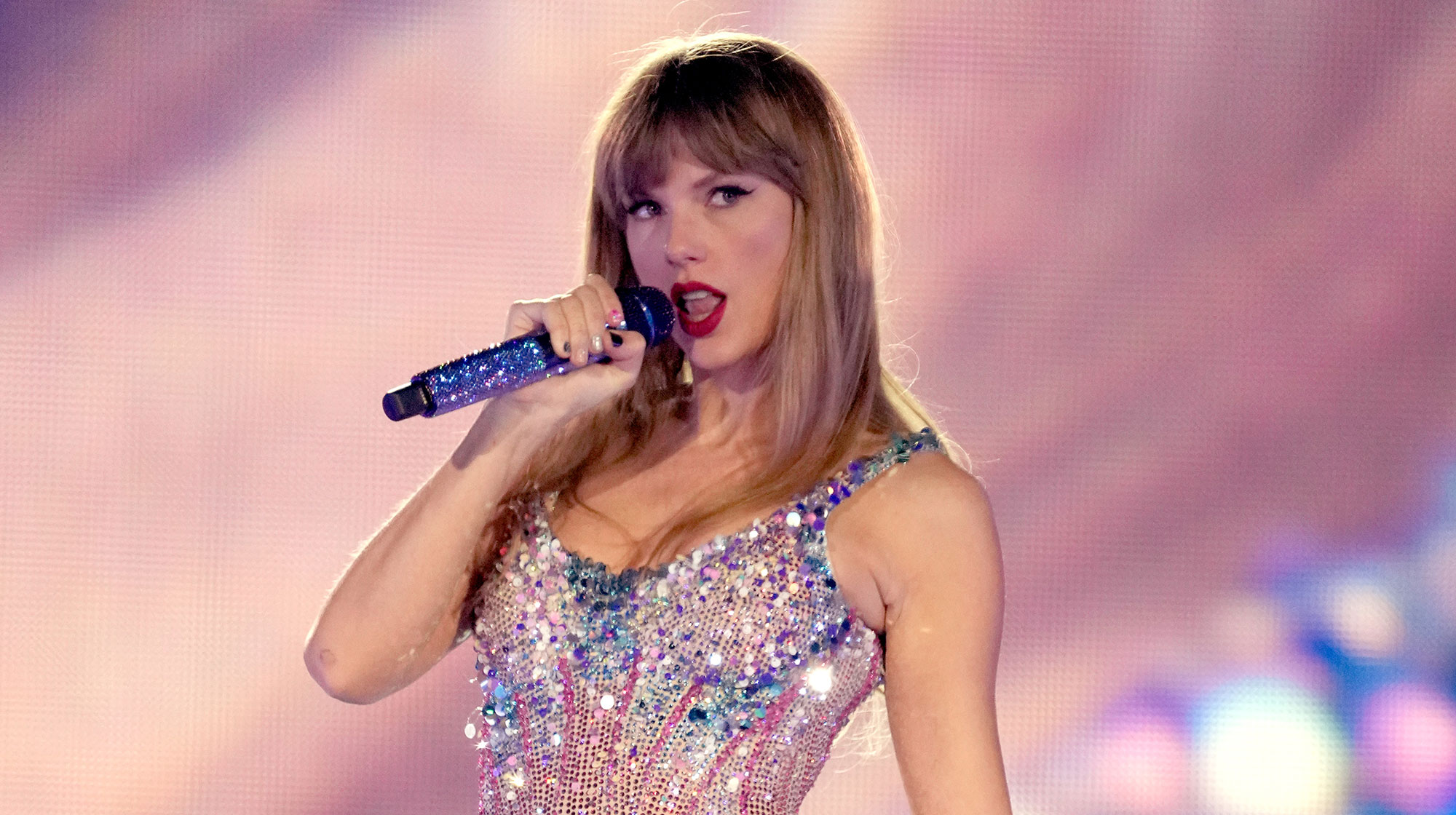Following the massive success that pop star Taylor Swift has seen with re-recording her previous albums, a new Billboard article has called attention to major record labels’ efforts to prevent newer artists from doing the same.
The publication interviewed a handful of entertainment lawyers who have recently negotiated artist deals with Universal Music Group, Sony Music Entertainment and Warner Music Group. They claim they’ve seen an uptick in contract clauses worded to prevent re-recordings for 10, 15 or even an unprecedented 30 years after departing from the label.
“The first time I saw it, I tried to get rid of it entirely,” said veteran attorney Josh Karp on UMG contract restrictions. “I was just like, ‘What is this? This is strange. Why would we agree to further restrictions than we’ve agreed to in the past with the same label?'”
The stipulations have become “one of a multitude of items you’re fighting,” he noted.
Another lawyer, Dina LaPolt, blamed Swift directly. “Now, because of all this Taylor Swift sh–, we have an even new negotiation. It’s awful. We’re seeing a lot of ‘perpetuity’ sh–.”
Swift began re-recording her first six albums after her old record label, Big Machine, sold her catalog to music industry manager Scooter Braun. The sale gave Braun the rights to master recordings, could control when TV shows and movies used her music, and would be paid licensing fees.
“When I left my masters in [Big Machine owner Scott Borchetta’s] hands, I made peace with the fact that eventually he would sell them. Never in my worst nightmares did I imagine the buyer would be Scooter,” Swift wrote in 2019 after she learned Braun purchased them. “Any time Scott Borchetta has heard the words ‘Scooter Braun’ escape my lips, it was when I was either crying or trying not to.”
On Friday, Swift released her fourth of six re-records, 1989. The release of Speak Now (Taylor’s Version) in July immediately drove down sales of the original Speak Now album by nearly 60 percent. Additionally, Swift owns all of her new masters and takes home a bigger portion of profits in her deal with Republic Records, which is owned by Universal Music Group.
A UMG spokesperson tells The Messenger that they don’t comment on legal agreements, but did say that these kinds of contact clauses were practiced in 2021 before Swift began releasing her re-recorded albums and included changes made to benefit artists. Sony and Warner did not offer comment.





